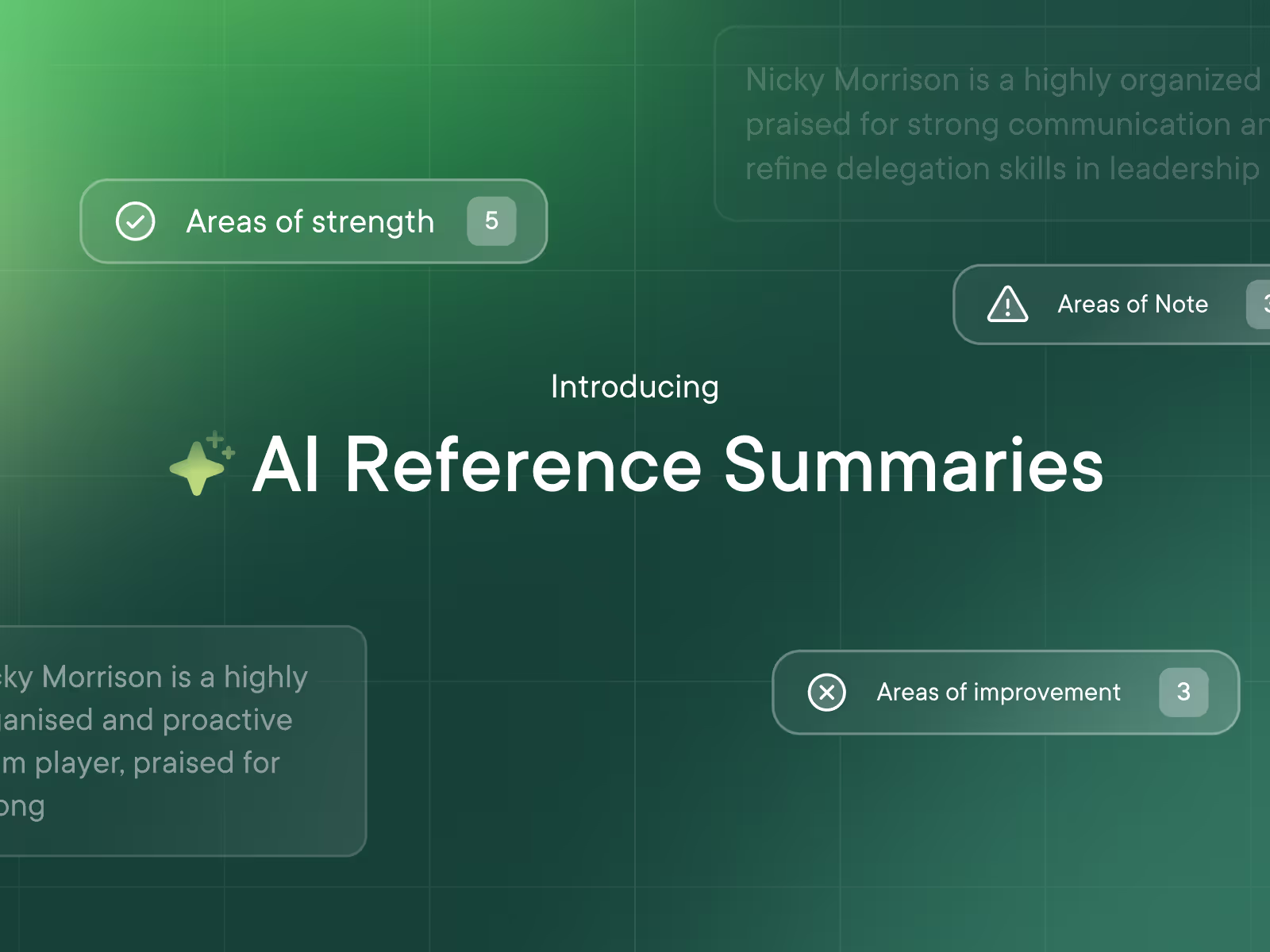


Give your people a voice with a tailored Xref Engage survey.
Increase retention and reduce turnover with quick employee feedback from an Xref Pulse Survey.
Employee involvement is crucial for fostering positive changes in the workplace. It not only helps in overcoming resistance to change but also increases commitment, trust in management, and productivity.
Forbes shares that letting employees help with decisions shows that you trust them. Empowering employees to make day to day decisions in their role builds trust with employees. Enabling staff input into wider business decisions builds support for change.
According to the Fair Work Ombudsman, employees who have the opportunity to participate in the decision-making process are more likely to accept change and less likely to feel anxious or fearful.
Surprisingly, despite its significance, employees often rate involvement as one of the aspects of work they are least satisfied with.
In this blog, we explore 5 practical strategies to encourage employee involvement.
Being consulted about important workplace decisions can improve an employee’s engagement with their work. Here are some ways on how you can involve your people to make your business stronger
Clearly communicate organisational and departmental plans and solicit input from your team on what they can do to help achieve them.
Fostering a culture of open communication, where information flows freely and regularly between all levels of the organisation, is key to success.
Managers’ involvement and support towards their team members can be of great benefit to the company’s development.
Effective evaluations are crucial; here are a few steps:
Employee consultation and involvement in decision-making are key to a successful and productive workplace. Xref Engage Surveys are customisable and can help you give your people a voice so they feel connected and involved in decision-making processes. Along with robust surveys that have been tested by thousands of organisations, the Xref Engage team has come with decades of experience as workplace psychologists and are here to help you curate your survey.
By encouraging employee decision-making, providing clear organisational direction, facilitating better communication, getting managers involved and developing structures for evaluation, organisations can empower their employees, to foster a culture of collaboration and innovation.
Remember, involving staff takes time and effort, but the benefits far outweigh the challenges.
Contact us today if you would like to conduct an employee engagement survey.
